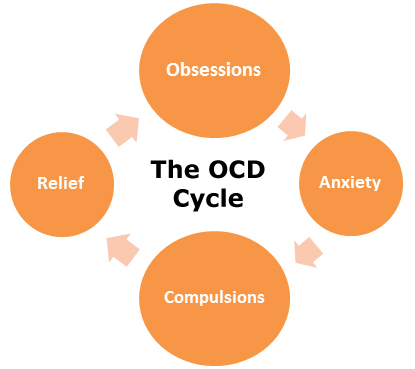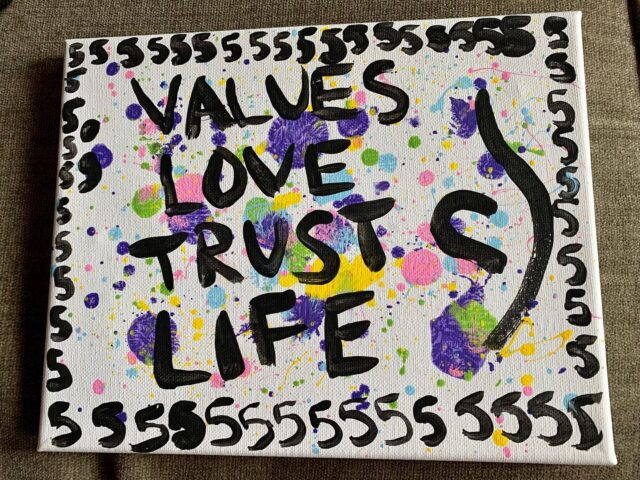Obsessive-Compulsive Disorder
OCD is a relatively common but misunderstood illness that affects roughly 1 out of 100 adults and 1 out of 200 children. OCD can begin as early as pre-school but the two most frequent times it begins are ages 8-12 and late teens to early adulthood.
It is very common for people with OCD to be misdiagnosed or undiagnosed. People with OCD often think that they are alone and that something is terribly wrong with them. Due to confusion, embarrassment and shame, many people do not tell others about their fears. OCD can feel very isolating due to a lack of awareness about the illness.
What is OCD?
OCD is a nuero-biological illness that impairs the brain’s ability to sort important information from unimportant information. People with OCD tend to have too much activity in certain parts of the brain including the caudate nucleus, basal ganglia, prefrontal orbital cortex, and cingulate gyrus. When someone with OCD is treated with an SSRI or behavior therapy the activity in these parts of the brain decreases.
What are Obsessions and Compulsions?
Obsessions are:
- Thoughts, images, or impulses that occur over and over again and feel out of the person’s control.
- The person does not want to have these ideas.
- He or she finds them disturbing and unwanted, and usually know that they don’t make sense.
- They come with uncomfortable feelings, such as fear, disgust, doubt, or a feeling that things have to be done in a way that is “just right.”
- They take a lot of time and get in the way of important activities the person values. (From the IOCDF website)
Compulsions are:
- Repetitive behaviors or thoughts that a person engages in to neutralize, counteract, or make their obsessions go away.
- People with OCD realize this is only a temporary solution, but without a better way to cope, they rely on the compulsion as a temporary escape.
- Compulsions can also include avoiding situations that trigger obsessions.
- Compulsions are time consuming and get in the way of important activities the person values. (from the IOCDF website)
The use of compulsions provides temporary relief. However, compulsions make anxiety worse in the long-run because they prevent people from learning that their fear is unlikely to occur. This feeling of relief and lack of learning is what strengthens the OCD cycle and keeps it going over time.
How is OCD treated?
The first line treatment for OCD is Exposure and Response Prevention (ERP) and/or medication. Research shows that 7 out of 10 people will benefit from ERP and/or medication. People who benefit from ERP experience a reduction in symptoms between 60-80% on average. The OCD and Anxiety Center offers ERP in the San Francisco Bay Area for children, adolescents and adults with mild to severe OCD.





